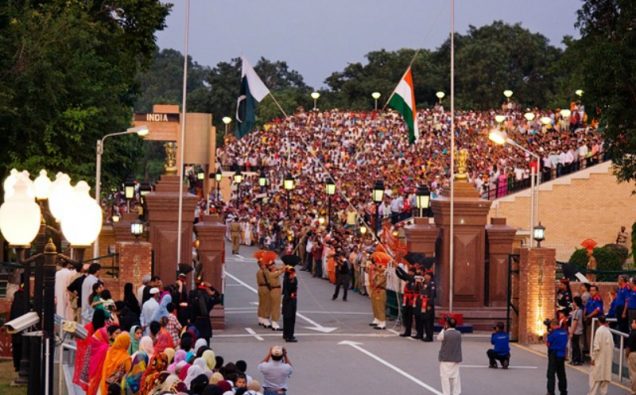
In a dramatic move, New Delhi has unilaterally called off talks between Indian and Pakistani foreign ministers, which were due to take place this month in New York on the margins of UN General Assembly session.
The United States and China, which neighbors both countries, had welcomed the resumption of talks between the two South Asian nuclear-armed rivals.
The decision came just a day after New Delhi confirmed that Indian External Affairs Minister Ms. Sushma Swaraj and Pakistan’s Former Minister Shah Mahmood Qureshi will be meeting in New York.
In a rather harsh tone, Indian officials tried to justify the unilateral cancellation of planned talks by claiming that the new Pakistani prime minister’s agenda stands exposed.
Pakistan’s Foreign Minister Shah Mahmood Qureshi regretted the sudden move as “unfortunate.”
We had already told India that if they take one step towards us, we will take two. However, it seems that they faltered after taking just one step.”
Qureshi also indicated that Indian leaders might be seeking to play politics by using Pakistan card.
#WATCH: MEA spokesperson Raveesh Kumar says, "It's obvious that behind Pakistan's proposal for talks to make a fresh beginning, evil agenda of Pakistan stands exposed & true face of new Prime Minister of Pakistan has been revealed to world in his first few months in the office" pic.twitter.com/e25STpUlTh
— ANI (@ANI) September 21, 2018
India’s nationalist Prime Minister Narendra Modi had agreed to talks in response to the new Pakistani Prime Minister Imran Khan’s proposal on revival of negotiations between the two countries that face some of the most sensitive disputes in the region including Jammu and Kashmir issue.
But Spokesman for the Indian External Affairs, Raveesh Kumar confirmed New Delhi’s backtracking.
In a letter addressed to his Indian counterpart, PM Khan argued that that relations between Pakistan and India must be resolved peacefully.
“We owe it to our people, especially the future generations, to peacefully resolve all outstanding issues including the Jammu and Kashmir dispute,” he wrote.


















